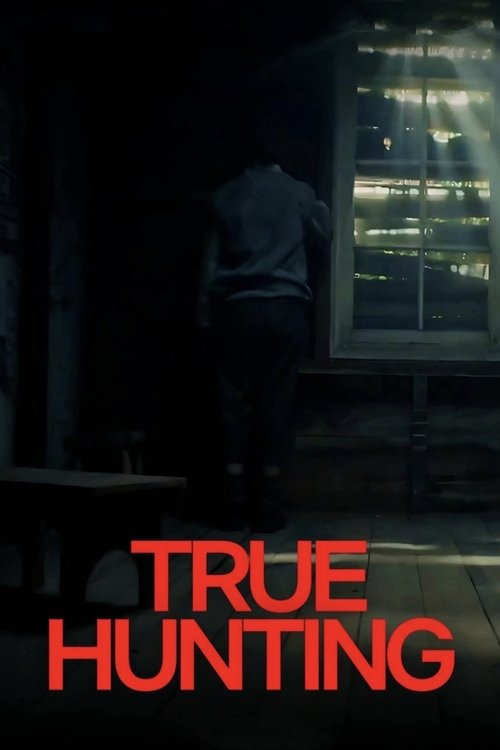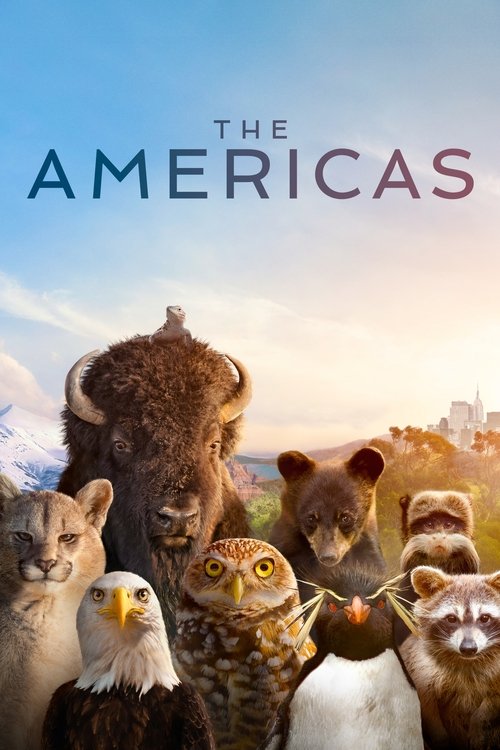
Ask Your Own Question
What is the plot?
The episode "Terrible Parents" of Underdogs Season 1 opens with narrator Ryan Reynolds introducing the theme of unusual and often questionable parenting strategies found in the animal kingdom. The episode immediately presents a variety of underdog species whose parenting methods defy typical expectations.
The first sequence focuses on animals that feed their babies feces. Reynolds explains that some underdogs deliberately feed their offspring poop, which may seem repulsive but serves a biological purpose. The episode shows close-up footage of a bird species collecting feces and feeding it to its chicks. The narration details how this behavior helps inoculate the young against harmful bacteria and parasites, despite appearing unsanitary.
Next, the episode shifts to species that lay their eggs in precarious or unusual locations. One example is a cliff-nesting bird that deposits eggs on narrow ledges, exposing them to extreme risk from predators and falling. The camera follows a parent bird carefully balancing on the cliff edge, highlighting the tension and danger involved. Reynolds comments on how this risky choice is a survival strategy to avoid ground predators, even though it seems like terrible parenting.
Following this, the episode explores animals that abandon their young shortly after birth or hatching. Footage shows a mammal mother leaving her newborns alone for extended periods. The narration explains that this abandonment is a strategy to avoid attracting predators to the vulnerable young, though it appears neglectful from a human perspective.
The next segment covers species that engage in infanticide or kill some of their own offspring. The episode presents a rodent species where dominant females kill the pups of subordinate females to reduce competition. The camera captures a tense confrontation between females, culminating in the killing of pups. Reynolds narrates the evolutionary rationale behind this brutal behavior, emphasizing survival of the fittest.
The episode then highlights animals that lay eggs but do not provide any parental care afterward. One example is a fish species that deposits eggs in open water and leaves them to develop on their own. The visuals show the eggs drifting and vulnerable, with no adult protection. Reynolds remarks on how this hands-off approach contrasts sharply with more attentive parenting styles.
In the final sequence, the episode presents a montage of various underdog species exhibiting bizarre or seemingly terrible parenting behaviors, such as feeding toxic substances to their young or engaging in elaborate but ultimately harmful courtship rituals that affect offspring survival. Reynolds provides a closing narration that ties these behaviors together as adaptations shaped by harsh environmental pressures rather than conscious neglect.
Throughout the episode, the narration by Ryan Reynolds maintains a tone of fascination mixed with humor, emphasizing the strangeness and diversity of parenting strategies among underdogs. The episode ends with a reminder that what humans consider "terrible parenting" can be effective survival tactics in the wild.
This detailed progression covers all major plot points, including the feeding of feces to babies, risky egg-laying sites, abandonment, infanticide, no parental care after egg-laying, and other unusual behaviors, presented in clear chronological order with specific examples and visual descriptions.
Related Titles
Browse All Titles →
What is the ending?
Short Narrative Ending: The episode "Terrible Parents" from the TV show "Underdogs" explores unconventional parenting strategies in the animal kingdom. Narrated by Ryan Reynolds, it showcases unusual behaviors such as feeding babies feces or laying eggs on cliffs, highlighting the diversity and sometimes absurdity of parenting methods. The episode concludes by leaving viewers to ponder what makes a good parent, challenging traditional notions of parenting.
Expanded Narrative Ending:
The episode begins with Ryan Reynolds introducing the theme of unconventional parenting, setting the stage for a journey into the unusual world of animal parents. The narrative unfolds with scenes of various animal species exhibiting unique parenting behaviors. For instance, some birds lay their eggs on cliffs, while certain mammals engage in practices that might seem bizarre to human viewers, such as feeding their young feces.
As the episode progresses, each segment delves deeper into these behaviors, showcasing how they are essential survival strategies for these animals. The narrative is interwoven with humor and wit, thanks to Reynolds' narration, which keeps the tone light and engaging despite the sometimes shocking content.
One of the key scenes involves a bird species that lays its eggs on a cliff edge. The camera captures the precarious balance of these eggs, highlighting the risk and resilience involved in this parenting strategy. Another scene shows a mammal feeding its young feces, which might initially seem repulsive but is explained as a vital method for transferring essential gut bacteria to the offspring.
Throughout the episode, Reynolds' commentary provides context and insight into these behaviors, often using humor to bridge the gap between the animals' actions and human understanding. The episode does not follow a traditional narrative arc with main characters but instead focuses on showcasing a variety of animal behaviors.
As the episode concludes, viewers are left to reflect on the diversity of parenting strategies in the animal kingdom. The final scenes summarize the unique methods showcased, leaving the audience to ponder what constitutes good parenting. The episode ends without resolving a specific conflict or character arc, as it is more of a documentary-style exploration of animal behavior.
The fate of the animals featured is not explicitly addressed in terms of individual outcomes but is instead presented as part of their natural behaviors and survival strategies. The episode aims to educate and entertain, challenging viewers to consider the complexity and variety of parenting in the natural world.
Is there a post-credit scene?
The TV show "Underdogs," Season 1, Episode 2 titled "Terrible Parents" (2025) does not have any publicly documented post-credit scene. Available sources, including episode summaries and detailed coverage, do not mention or describe any post-credit content for this episode.
The episode focuses on exploring unconventional and questionable parenting tactics used by featured families, narrated by Ryan Reynolds, but no additional scenes after the credits have been reported or noted in official summaries or reviews.
What unusual parenting methods are highlighted in Underdogs Season 1 Episode 2 'Terrible Parents'?
The episode showcases various unusual parenting strategies used by underdog animals, including feeding their babies poop and laying eggs on cliffs, which challenge conventional ideas of good parenting.
Which specific animals and their parenting behaviors are featured in 'Terrible Parents'?
The episode features underdog animals such as the invisible glass frog, the indestructible honey badger, and the pistol shrimp, illustrating their unique and unexpected parenting methods.
How does Ryan Reynolds contribute to the episode 'Terrible Parents'?
Ryan Reynolds serves as the narrator and central figure, sharing and highlighting the dubious and unusual parenting methods used by the underdog animals in this episode.
What are some examples of the 'dubious parenting methods' shown in the episode?
Examples include feeding babies feces and laying eggs on precarious cliffs, which are parenting choices that may seem terrible but are natural behaviors for these species.
What is the tone or approach of the episode towards these unusual parenting behaviors?
The episode presents these parenting methods in a way that raises eyebrows but also invites viewers to consider whether these behaviors are truly bad parenting or simply different survival strategies in nature.
Is this family friendly?
The TV show Underdogs, Season 1, Episode 2 titled "Terrible Parents" (2025), is generally rated TV-PG and TV-14 depending on the platform, indicating it is not fully family-friendly for very young children or sensitive viewers. It contains moderate levels of sex and nudity, moderate violence and gore, mild profanity, and mild frightening or intense scenes. There is no alcohol, drug, or smoking content.
Potentially objectionable or upsetting aspects for children or sensitive people include:
- Moderate sexual content and nudity, likely related to animal courtship behaviors depicted in a naturalistic but sometimes explicit manner.
- Moderate violence and gore, which may involve natural predator-prey interactions or animal conflicts shown realistically.
- Mild profanity in narration or dialogue.
- Mild frightening or intense scenes, possibly from animal encounters or survival situations.
Because the show is a nature documentary with a comedic and candid tone narrated by Ryan Reynolds, it may present some animal behaviors and natural processes in a blunt or graphic way that could be unsettling for younger children or sensitive viewers. The TV-14 rating on Disney+ and NC16 certification in Singapore further suggest parental discretion is advised.





















